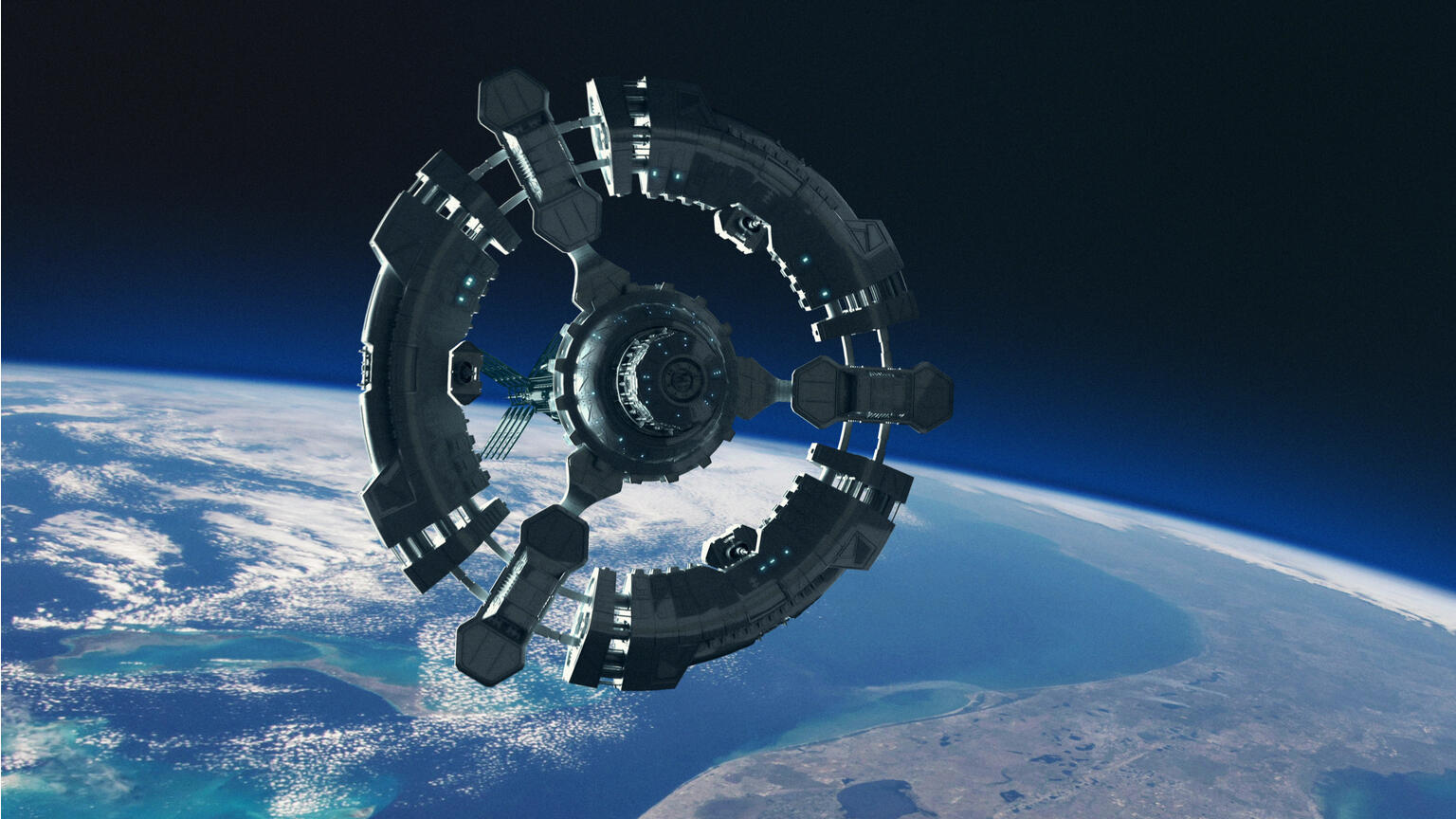SpaceX is planning to launch a manufacturing satellite for Varda Space.

Sunday, October 17, 2021 | Chimniii Desk
Highlights
The satellite will be used in a ride-sharing mission scheduled for early 2023.The satellite will be in space for up to three months, producing a variety of materials commonly used in manufacturing. The materials will be returned for testing in a re-entry capsule. The International Space Station routinely conducts materials science studies and contributes to the development of new manufacturing techniques. Varda Space's satellite will be the first in a series of satellites that will continue to work on developing the technology and techniques required to expand manufacturing into space.
Advertisement
Varda Space has contracted SpaceX to launch a small satellite designed to demonstrate material production in space. The satellite will be used in a ride-sharing mission scheduled for early 2023.
The satellite will be in space for up to three months, producing a variety of materials commonly used in manufacturing. The materials will be returned for testing in a reentry capsule.
According to Varda Space executives, they chose SpaceX because of its dependability and low launch cost. The contract's terms have not yet been made public.
"Launch costs are a key driver of our economics," said Delian Asparouhov, co-founder of Varda Space. He has not, however, ruled out using other small satellite launch providers in the future: "There were favourable economics for [competing satellite launch providers] Photon and Electron." It can be difficult to recover if you concentrate risk on a single vendor."
Although SpaceX has focused much of its efforts on creating the capability to transport people into space and, eventually, to the Moon and Mars, the company has proven to be no slouch in the hardware launch industry. Existing launch services and contracts range from the launch of NASA's Europa Clipper to the dedicated launch of batches of tiny satellites known as Transporter missions.
The Transporter missions are distinct from SpaceX's frequent launches of Starlink satellites and are intended to shorten the launch timetable for a range of organisations and enterprises' tiny satellites. Previously, small spacecraft like Varda Space's had to wait for space on larger payload launches.
Advertisement
SPACE MANUFACTURING

Although major investment in the construction of off-Earth manufacturing capacity has yet to occur, early tests in offworld manufacturing processes include the Soviet Union's Soyuz 6. During this flight, cosmonauts Georgy Shonin and Valeri Kubasov used an equipment named Vulkan to test welding procedures.
During the American Skylab missions, the crew conducted space manufacturing and material processing experiments with equipment like as a multipurpose electric furnace, a crystal growth chamber, and an electron beam gun. The Spacelab flights launched during the Space Shuttle programme continued American experiments.
The International Space Station routinely conducts materials science studies and contributes to the development of new manufacturing techniques. Some of these approaches may be relevant for offworld production, particularly with new advancements in additive manufacturing technologies optimised for usage in microgravity or lower gravity conditions.
Varda Space's satellite will be the first in a series of satellites that will continue to work on developing the technology and techniques required to expand manufacturing into space. In 2024, two more satellites will be launched. According to Asparouhov, the idea is to build on previous work rather than reinvent the wheel:
"The ISS has created a vast range of materials." We're not performing any groundbreaking research." The most difficult element, he claims, will be "entering the atmosphere at Mach 28" when they're ready to return the data to Earth.
Will this result in large-scale manufacturing off the planet? Many people have worked on the prospect of mining raw minerals outside Earth, including the creators of the now-defunct Deep Space Industries and a few "still working on it" companies like Moon Express. It would make sense for many of these basic elements to be processed and used to manufacture things that are not found on Earth. Companies like Varda Space may have multiple factories in Earth orbit and possibly elsewhere in our solar system in the future.
Advertisement